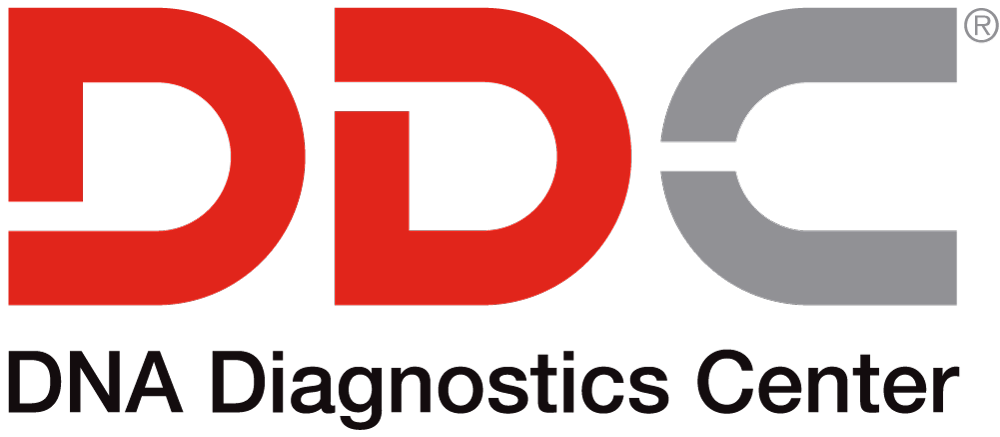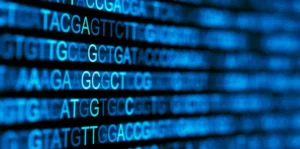AUGUST 17, 2014
Can I Take a DNA Test at Home?
Home DNA testing is becoming a more affordable option for people wanting to learn about their potential health concerns, paternity and other genetic questions. You can purchase home DNA test kits online or at your corner pharmacy – simply use the swab provided in the package to wipe the inside of your cheek, or spit into the vial provided, then place it in the sealed container and mail it to the designated testing company to get your results. The testing itself is not done at home, only the DNA collection, but nonetheless if falls into the “home DNA testing” market.
The at-home DNA testing market is growing. But segments of it are being carefully monitored by federal authorities. There are upstart companies trying to develop the at-home DNA testing market, but the FDA is looking into their business practices. A recent Technology Review article described the steps that firms like 23andMe are challenged with, as it tried to move forward with its business of self DNA tests for $99. The FDA had earlier noted that the company was essentially selling a sort of ‘medical device’ to consumers, and as such, the product needed approval from the FDA, which it was not giving, due to lack of evidence in its offerings.
Why People Test at Home
People use home DNA tests for several reasons. Some find it fun to know what their heritage is and are often surprised to know where they ancestors came from. Many people want to prove paternity, or the identity of a parent of an individual. Others use DNA tests to look for genetic clues that might help them spot diseases and conditions for which they might be at increased risk.
While these tests can be a good place to start asking personal questions, tests to see if you are pre-disposed to a disease are most likely not accurate enough to base serious decisions on, according to a variety of health and legal experts. In many cases, they can do more harm than good, especially if you use them without medical supervision or at least a follow-up with a doctor.
For example, you might find that your genetic makeup increases your risk for diabetes, heart attacks or a particular type of cancer. Knowing this, you and your doctor can conduct further tests and create a preventive care or treatment plan for you. Knowing the father and mother of a person not only helps address legal issues, such as custody and child support, it can also provide more genetic information you can use to look for additional health information. This is due to the fact that people of certain nationalities have a higher susceptibility to specific diseases and conditions.
How Accurate are These At-Home Tests?
One of the biggest concerns about home DNA testing kits is their accuracy. Some of the problems with home DNA test kits arise from improper sampling, handling and testing. Paternity results, when processed in quality laboratories, can be among the most accurate in terms of definitive results. For disease prediction, the results can be so generic that you might find that the results label you “at risk” for a condition or a specific disease. In some cases, the at-home DNA test won’t reveal problems for which you are at high risk.
Reporter Boonsri Dickinson, writing an article for Discover magazine, wrote that three home DNA tests she took in 2008 provided similar results although they were focused on different issues. The results basically indicated that she needed to follow standard health practices, such as maintaining a healthy weight, eating right, exercising, stopping smoking and decreasing alcohol consumption.
Are These Tests Considered Legally Valid?
Because the collection, shipping and processing of home DNA tests are not secure, they are not legal in most court cases. For courts to accept DNA test results, they need to know that a professional collected the sample, was responsible for its shipment and conducted the testing. This prevents samples from being switched or becoming contaminated. In some cases, you can spend extra money to have a third-party witness present during a home DNA test to make it admissible in court. This person will sign papers validating the chain-of-custody of your sample, and personally ship the samples to the lab. Check with an attorney in your area to determine if the court will accept this type of DNA test result.
The Bottom Line
Home DNA testing can be fun and provide interesting results. They can be a starting point for more research into your genetic makeup, family tree, health care and paternity. Because of the quality variations from company to company, you shouldn’t use home DNA tests to make serious decisions about your health, the health of a loved one or legal decisions regarding child custody or support.
About DNA Diagnostics Center (DDC)
DNA Diagnostic Center is the world leader in paternity and relationship testing. We serve healthcare professionals, government agencies, and individuals around the world to determine family relationships with trusted accuracy.
More Questions? Don’t hesitate to call us: we’re here to help!
CALL NOW




